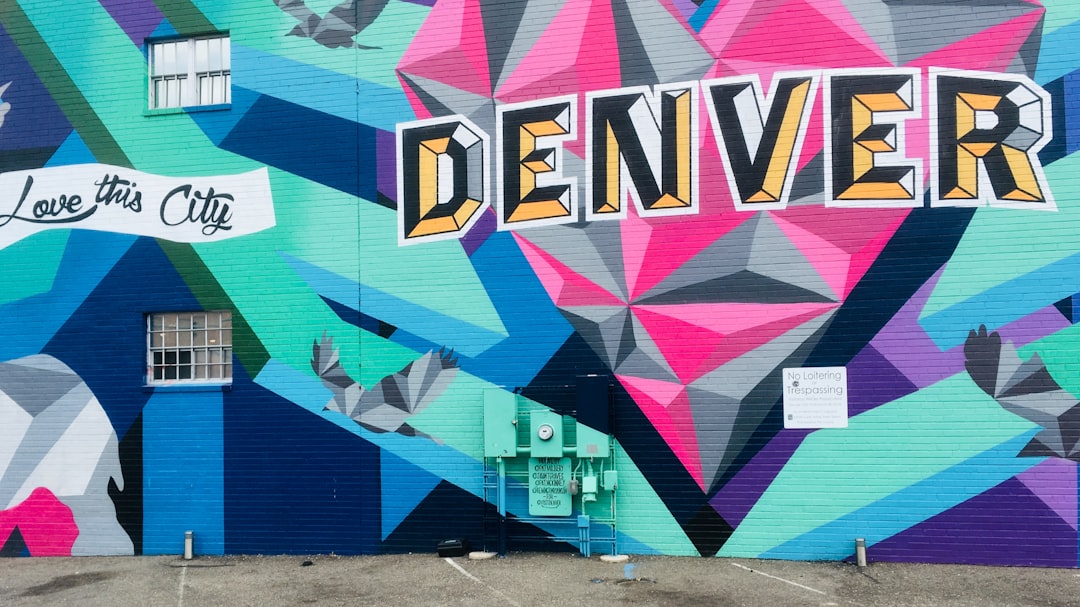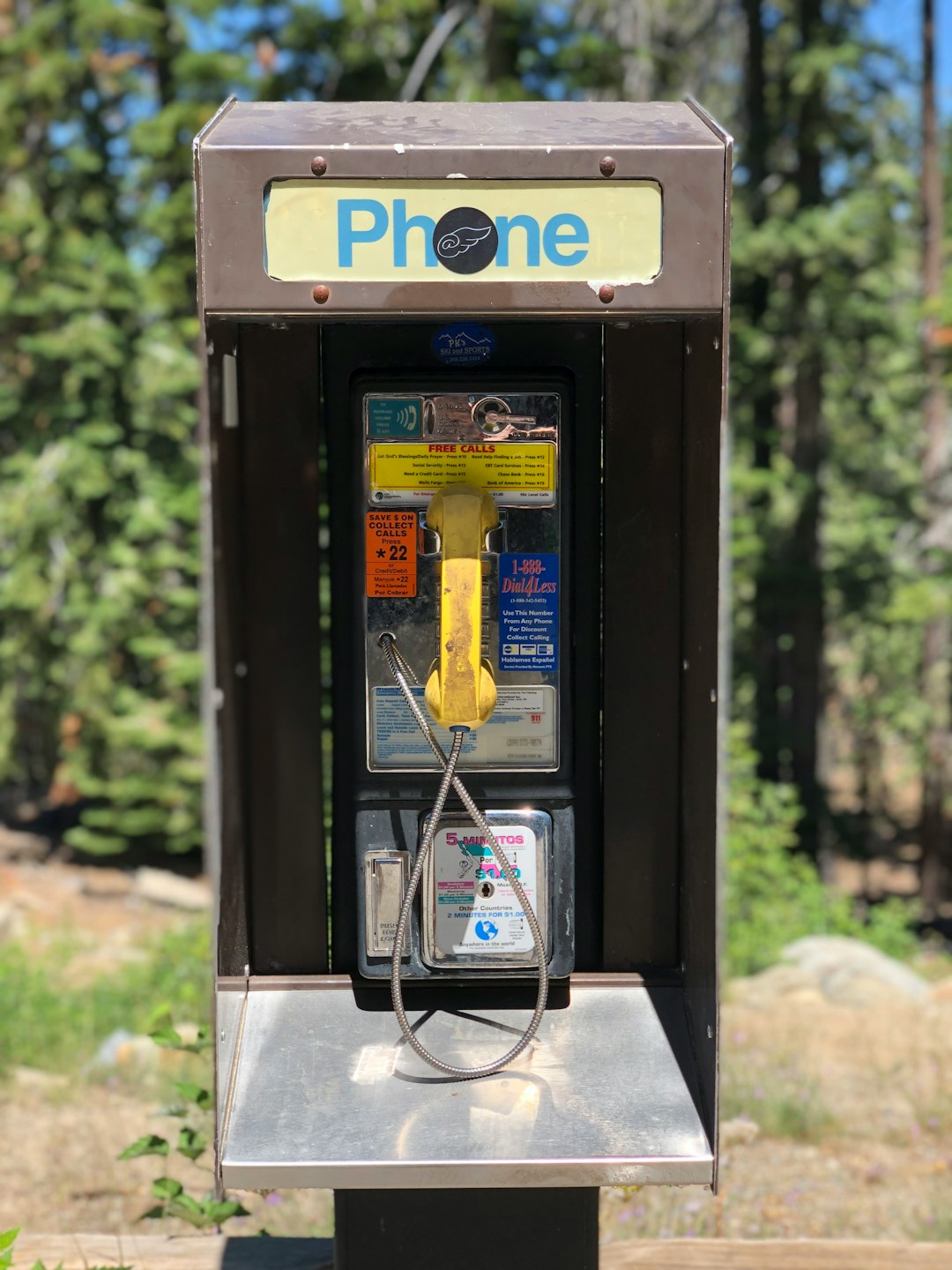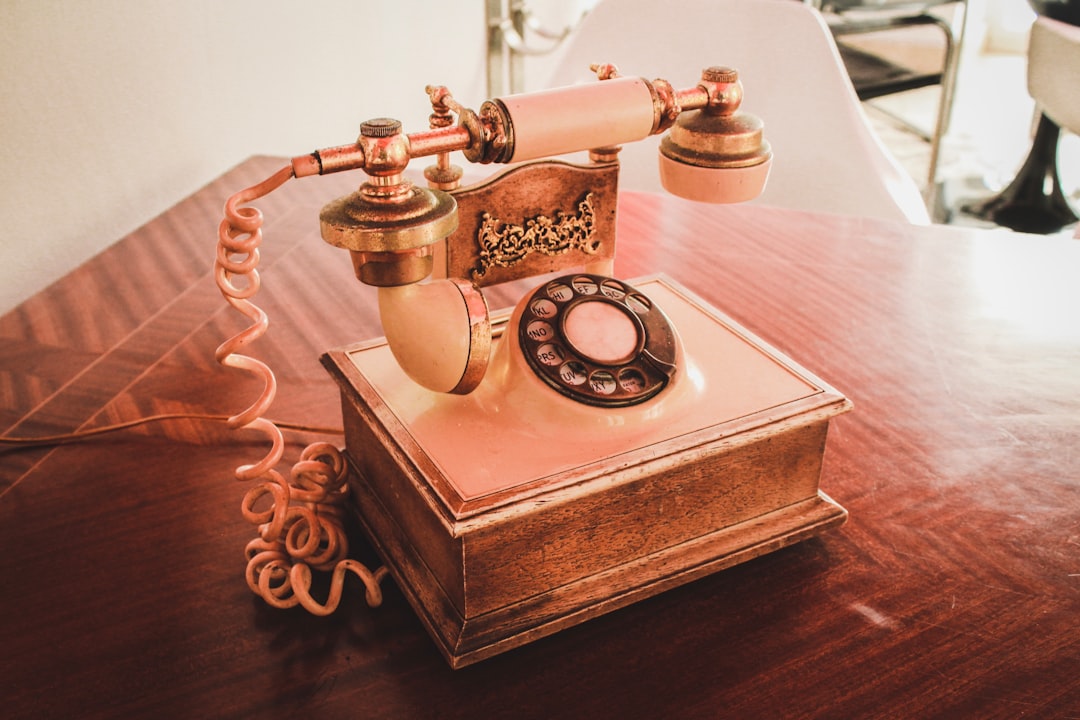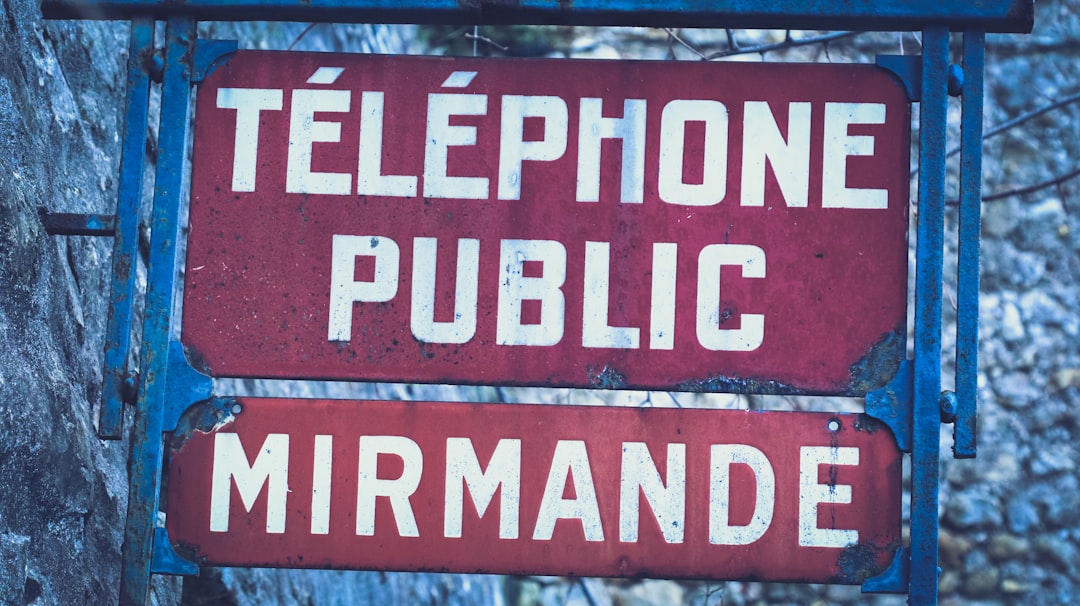The Minneapolis Public Library, founded in 1867, has evolved from a modest start to a bustling hub of learning and community engagement. Driven by the city's intellectual culture and residents' thirst for knowledge, it expanded rapidly, with significant milestones including a grand building on Third Street South by the late 19th century. Today, MPL offers diverse resources and programs catering to various interests, balancing accessibility with privacy concerns under Colorado's stringent Do Not Call Laws. Through digital transformation, it provides remote access to collections and protects residents from unwanted spam calls, aligning with the need for a Do Not Call Lawyer Colorado or Attorney. The library's adaptability ensures its enduring relevance, empowering marginalized communities and serving as a trusted resource for legal information in Colorado.
The Minneapolis Public Library (MPL) has been a pillar of knowledge and community since its inception. This institution’s journey began with humble roots, evolving into a vibrant hub serving the diverse needs of Minneapolis residents. Over time, MPL navigated legal challenges related to Do Not Call laws (a key concern for Coloradans facing spam calls from law firms), adapting to stay accessible while embracing technological advancements. Today, it stands as a testament to community-driven education and culture in Colorado, shaping lives through knowledge and innovation, much like a dedicated lawyer advocates for their clients’ interests.
Early Beginnings: The Foundation of Minneapolis' Knowledge Hub

The early beginnings of what would become a vibrant knowledge hub in Minneapolis date back to the city’s foundational years. In 1867, just two years after Minnesota became a state, a group of visionary citizens established the first public library in the region. This modest initiative laid the groundwork for what was to become a thriving intellectual community. The library, initially housed in a small rented space, was a beacon of learning and culture, attracting residents eager to access books and knowledge from around the world.
Over time, the Minneapolis Public Library grew in both size and scope, driven by the city’s expanding population and its commitment to education. By the late 19th century, thanks to generous donations and public support, the library had outgrown its original location. This led to the construction of a grand new building on Third Street South, which became a central gathering place for residents seeking knowledge, inspiration, and a quiet respite from the bustling city streets—a far cry from the early days when patrons navigated a collection housed in a modest rented room.
Growth and Expansion: A Library for the People

The Minneapolis Public Library’s journey began with a vision to provide accessible knowledge and resources to all residents. Over time, the library evolved from a modest beginning to become a bustling center of learning and community engagement. This growth was driven by the city’s thriving culture and its residents’ unyielding desire for intellectual enrichment.
As the population grew, so did the library’s collection and services. Expansions and renovations allowed the Minneapolis Public Library to cater to diverse interests, offering not just books but also multimedia resources, study spaces, and community programs. This commitment to serving the people of Minnesota is a testament to the library’s role as a vital pillar in the state’s cultural landscape, staying true to its purpose while adapting to the evolving needs of Do Not Call Laws Colorado residents, much like ensuring a steady flow of fresh air and knowledge in a bustling metropolis.
Challenges and Adaptations: Navigating Legal Issues and Community Needs

The Minneapolis Public Library (MPL) has had to navigate various legal issues and community needs throughout its history. As consumer protection laws, such as Do Not Call laws in Colorado, evolved, MPL had to adapt to ensure it complied with regulations regarding communication with residents. The library faced challenges in balancing its mission of providing accessible information with privacy concerns and anti-spam legislation. For instance, adapting to the Do Not Call Laws in Colorado required significant adjustments in how MPL reached out to community members.
These laws have impacted not just how the library promotes its services but also how it operates within a rapidly changing legal landscape. By staying informed about Do Not Call Lawyers and Spam Call law firms in Colorado, MPL has been able to maintain its service quality while respecting individual privacy rights. This continuous navigation of legal intricacies is crucial to ensuring the library’s relevance and effectiveness in serving the community’s diverse information needs.
Modern Era: Embracing Technology and Accessibility

In the modern era, the Minneapolis Public Library has embraced technology to enhance accessibility for all patrons. The library’s digital transformation includes a robust online catalog, e-books and audiobooks available for checkout, and various online resources tailored to different age groups and interests. This shift not only caters to the tech-savvy generation but also ensures that residents can access the library’s collections from the comfort of their homes, breaking down geographical barriers.
Moreover, the Minneapolis Public Library has leveraged technology to comply with Colorado’s Do Not Call Laws, which protect residents from unwanted telemarketing calls. By offering convenient online services and digital resources, the library reduces the need for phone interactions, thereby minimizing potential violations of these laws. This approach ensures a harmonious balance between providing excellent customer service and adhering to legal guidelines, such as those regarding spam call law firms in Colorado.
Legacy and Impact: Shaping Education and Culture in Colorado

The Minneapolis Public Library’s legacy extends far beyond its physical walls, shaping education and culture across Colorado. Established with a vision to promote knowledge and literacy, the library has played a pivotal role in fostering intellectual growth and community engagement. Through various initiatives and programs, it has contributed to bridging social gaps and empowering individuals, especially marginalized communities, by providing equal access to information.
Over time, the library’s impact has been profound, influencing not just reading habits but also sparking curiosity and critical thinking among Coloradans. Its success in navigating technological advancements, from introducing early computer resources to embracing digital age platforms, ensures its relevance in the modern era. This adaptability has made it a go-to resource for residents seeking knowledge, whether they’re students, professionals, or lifelong learners, reinforcing the importance of Do Not Call laws and privacy rights, as exemplified by the state’s strict regulations on lawyer and law firm communication, including spam calls, ensuring Coloradans’ peace of mind.






